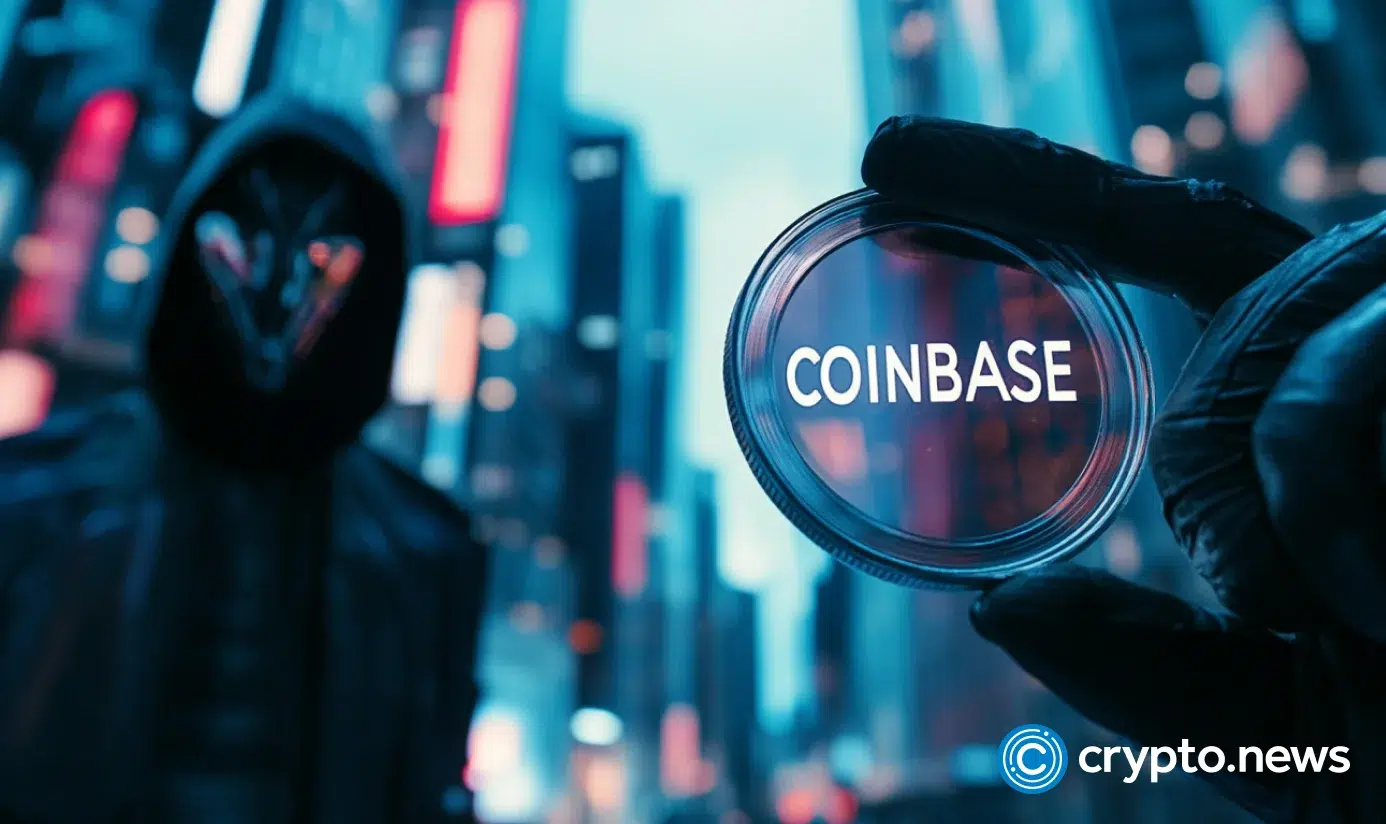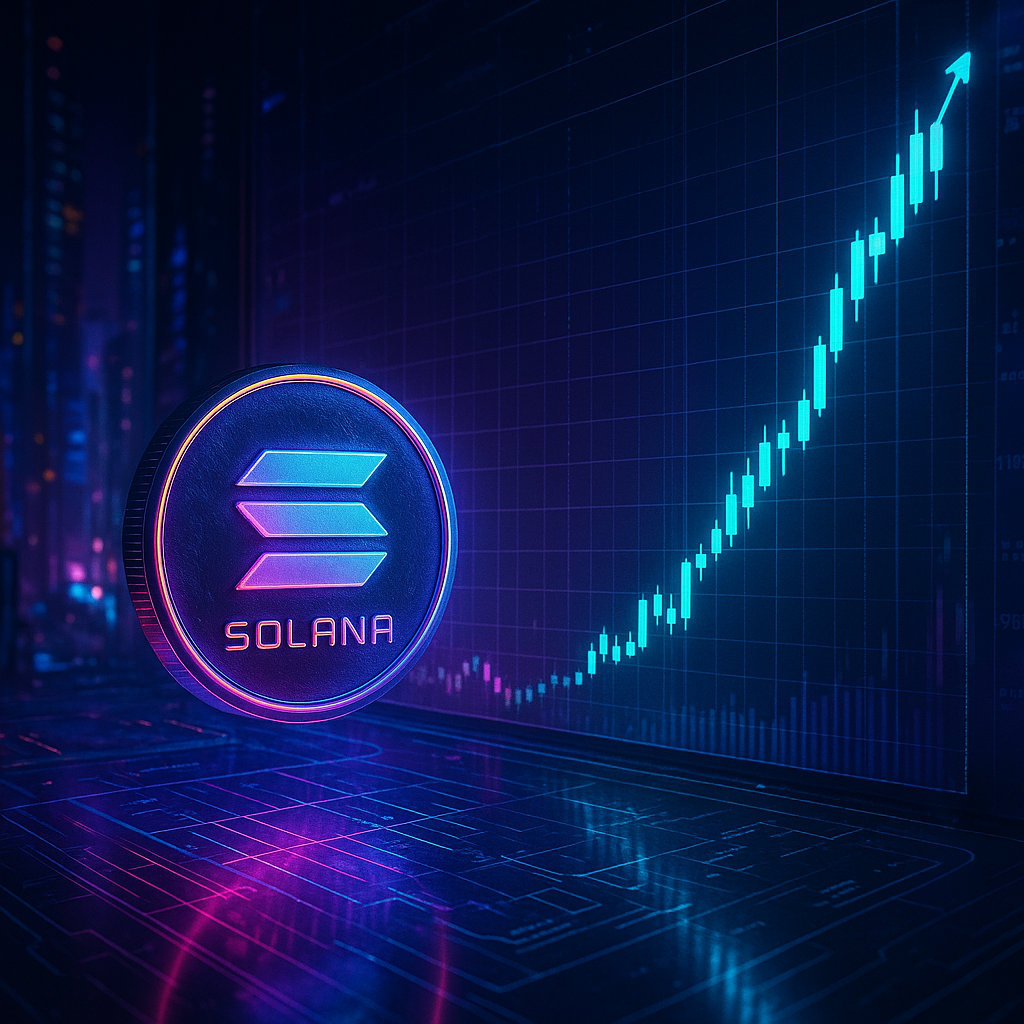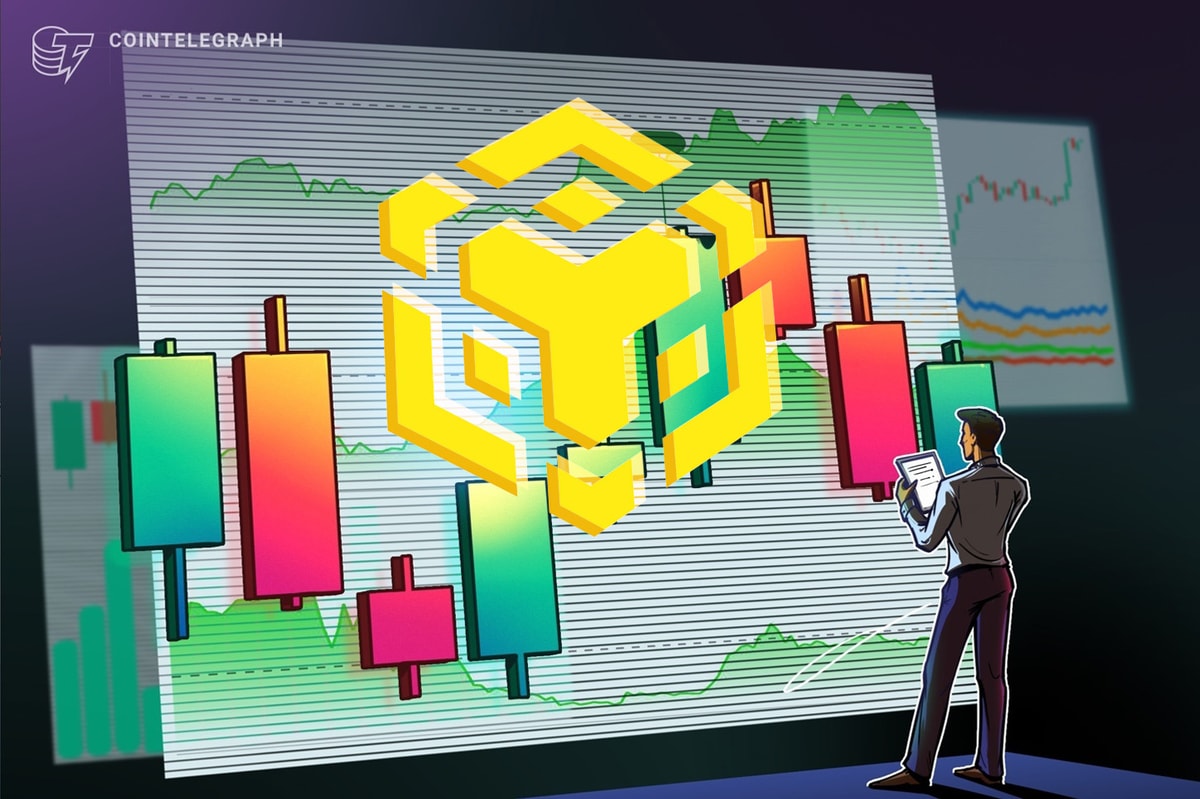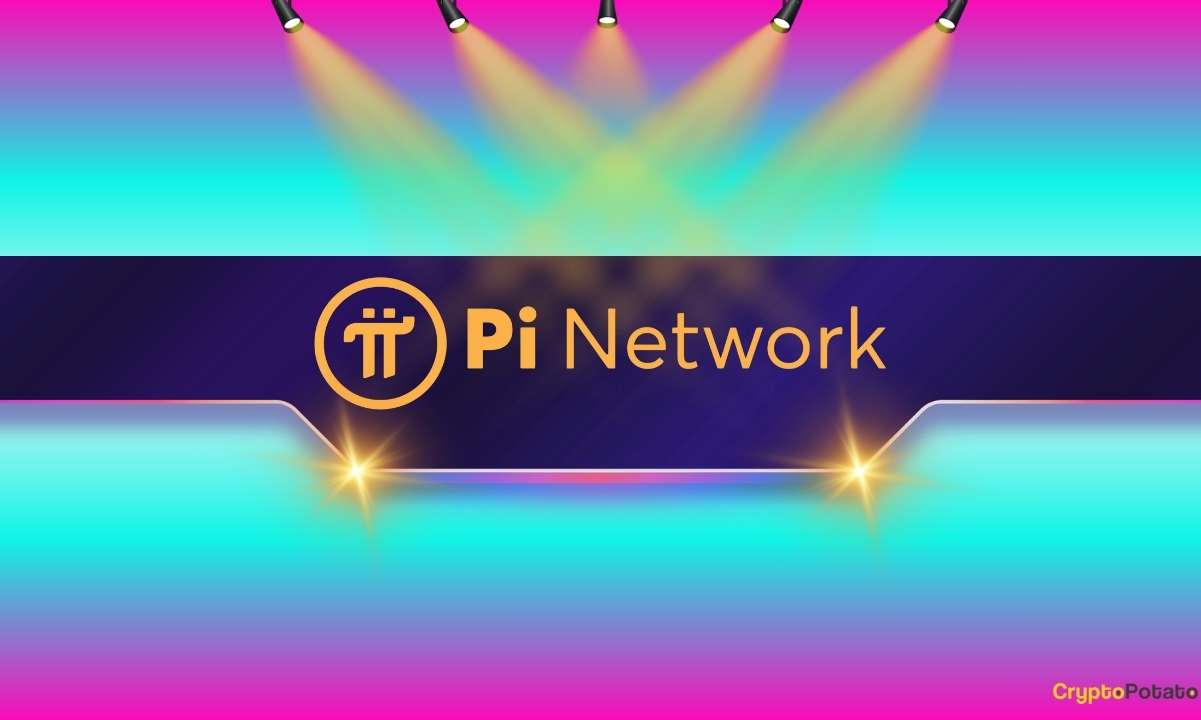The Near Foundation is developing artificial intelligence-powered “delegates” to eventually vote on behalf of its decentralized autonomous organization (DAO) members, aiming to address low voter participation that has become typical of many protocols.
Lane Rettig, a researcher at the Near Foundation, specializing in AI and governance, told Cointelegraph that the AI-powered governance overhaul is still in development. The Near Foundation oversees the layer-1 Near Protocol.
The idea is that a user’s delegate, or “digital twin,” will learn their preferences and then act accordingly when it comes time to make governance decisions. It would transform the voting process into a “math problem” that can “happen almost instantly.”
“Then you kind of set this thing loose, and it kind of acts on your behalf and votes on your behalf. It nudges you. When you know, proposals come up that are relevant to you,” he said during an interview at the Token2049 conference in Singapore.
“That’s in a sense, almost our end game vision for this, where we replace all human actors with a digital twin, if you want to call it that, to solve this voter apathy, participation issue.”It’s estimated that, on average, participation rates in DAOs can vary between 15% and 25%, which can lead to issues such as the centralization of power, ineffective decision-making, and, in worst-case scenarios, governance attacks, where a bad actor acquires enough tokens to pass a damaging proposal without other members noticing.
Human input is still part of the process
Rettig said there will likely still be a human element involved in the process.
He said he is a “firm believer that there should always be a human in the loop,” because there are categories of proposals that are too critical to leave solely to an AI, such as those concerning fund allocations or strategy pivots.
“I think that there’s definitely a category of things where you’re going to want the human to make the final decision, pull the trigger,” he said.
“And having said that, it can not only nudge you, can also say, based on what I know about you, I think you should vote this way, but you should be the one to vote right, and they can learn, if it gets things wrong, that means there’s something wrong with the context.”AI agents are already widespread across crypto and are used to build Web3 applications, launch tokens, and interact with services and protocols autonomously, with some platforms exploring the use of AI agents for trading to automate tasks and make real-time decisions.
Delegates trained on user behavior
Similar to how generative AI chatbots are trained, such as OpenAI’s ChatGPT, Rettig said the AI delegates would learn through interactions with users, including an interview process, voting history and messages on social platforms like Telegram and Discord.
“When you kind of switch this agent on, it just gets to know you right? It kind of needs to learn your political preferences, the kind of projects you care about, and where you think funds should be allocated,” he added.
Investment manager VanEck estimates that the number of AI agents in the crypto industry surpassed 10,000 by the end of 2024 and is expected to top 1 million by 2025. However, there are concerns that AI agents pose both security risks and could bungle important decisions if relied on too heavily.
One of the ways the Near Foundation is trying to ensure the delegates remain aligned with a user’s values is through a verifiable model training model, which shows cryptographic proof of its training cycles and inputs, according to Rettig.
AI delegate rollout is a steady process
Near’s main DAO, the Near Digital Collective, has already implemented an AI tool called Pulse, which tracks community sentiment, summarises Discord forums, and highlights important content, Rettig said.
Related: AI agents need crypto to operate in financial markets: Coinbase exec
With its delegates, he said they are starting with “low hanging fruit,” and its early models are very similar to chatbots, with “little agency,” that advise on proposals and provide helpful information, context and can fill out basic templates for users so they can feel better informed.
The eventual rollout will occur in stages, with AI delegates first representing large groups with similar voting preferences, then moving toward having an individual delegate for each person, and possibly even AI delegate CEOs.
“Then governance becomes a math problem, you’re just summing it up. Every time a vote comes up, it can happen almost instantly because you have all the agents there, and they know how everyone will vote ahead of time, then boom, you’re done.” Magazine: How do the world’s major religions view Bitcoin and cryptocurrency?

 4 weeks ago
14
4 weeks ago
14
















 English (US) ·
English (US) ·